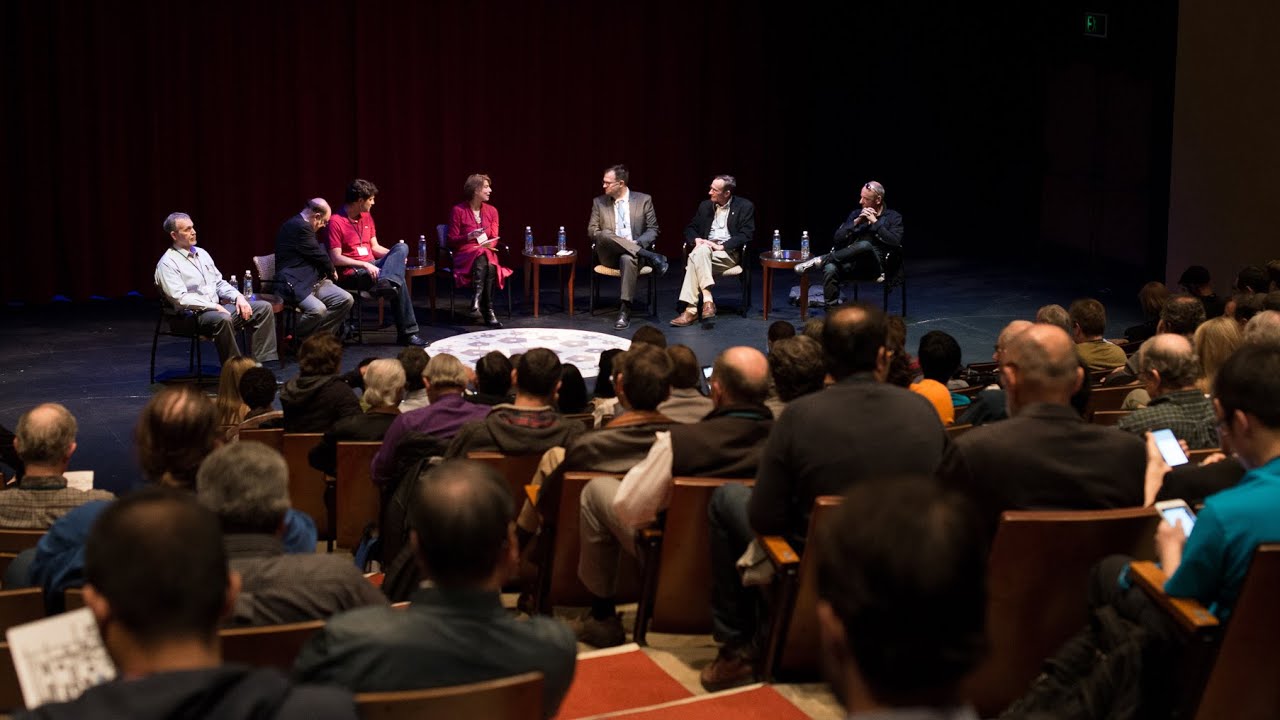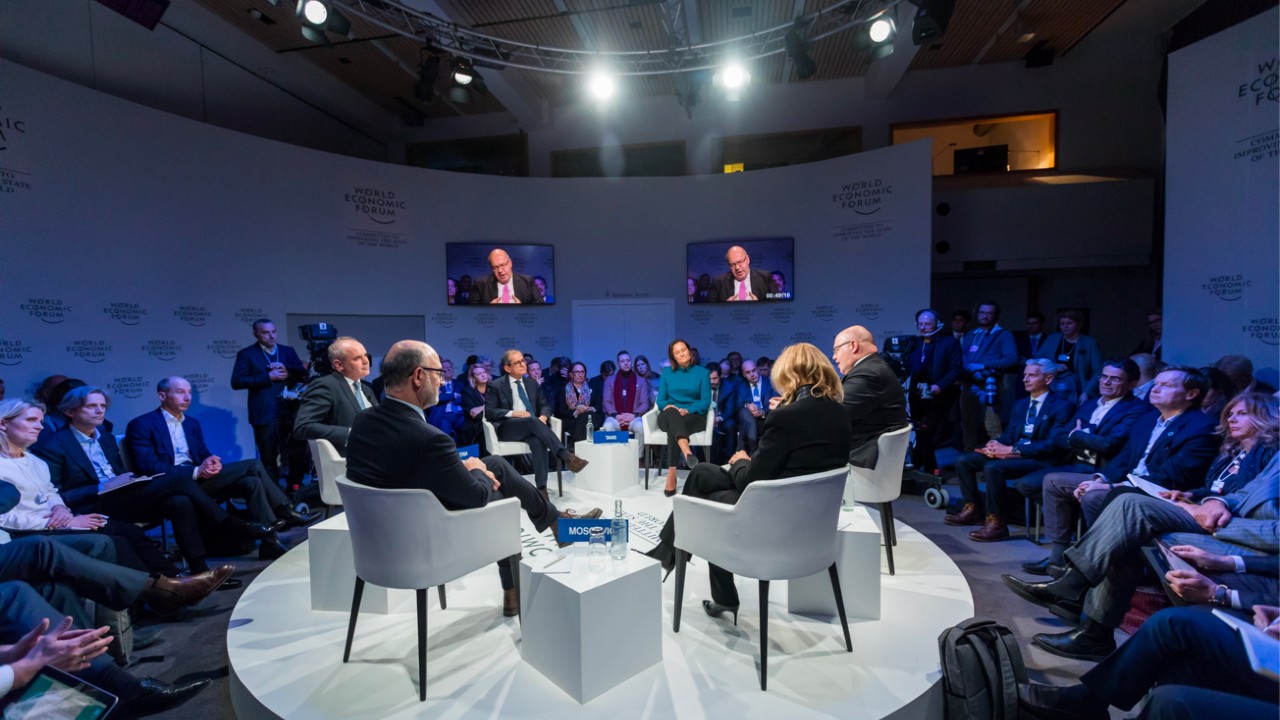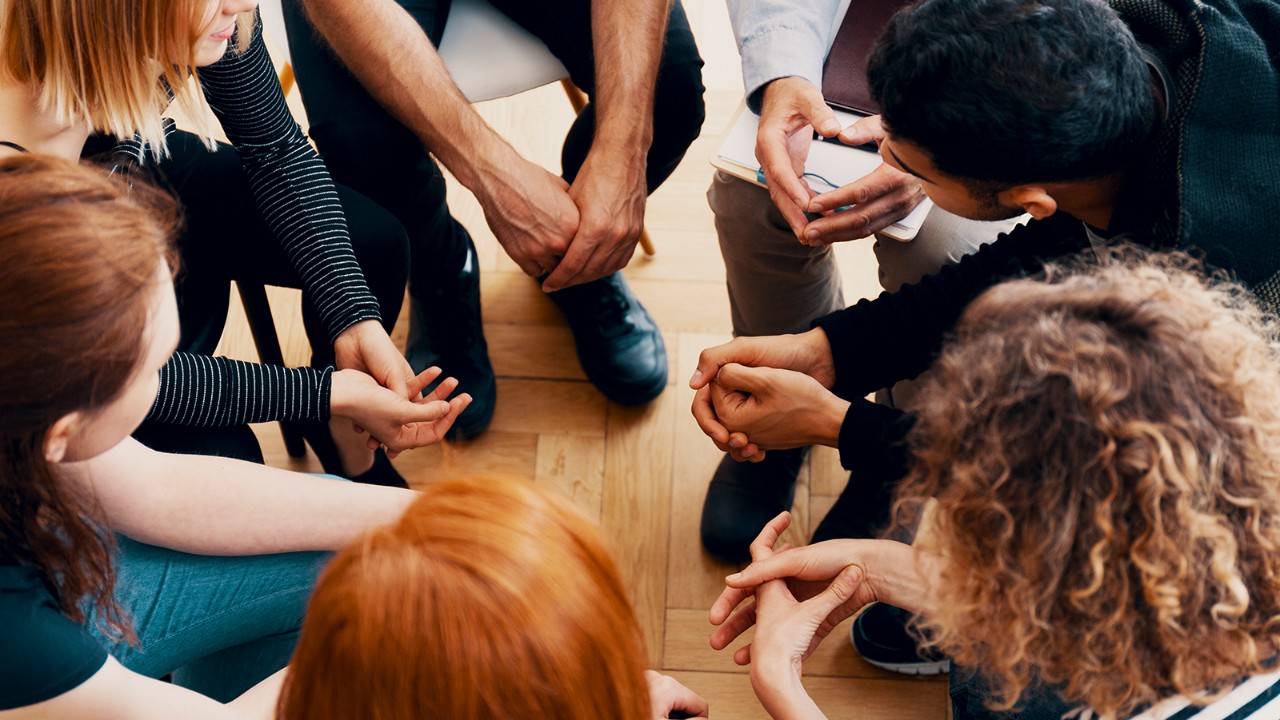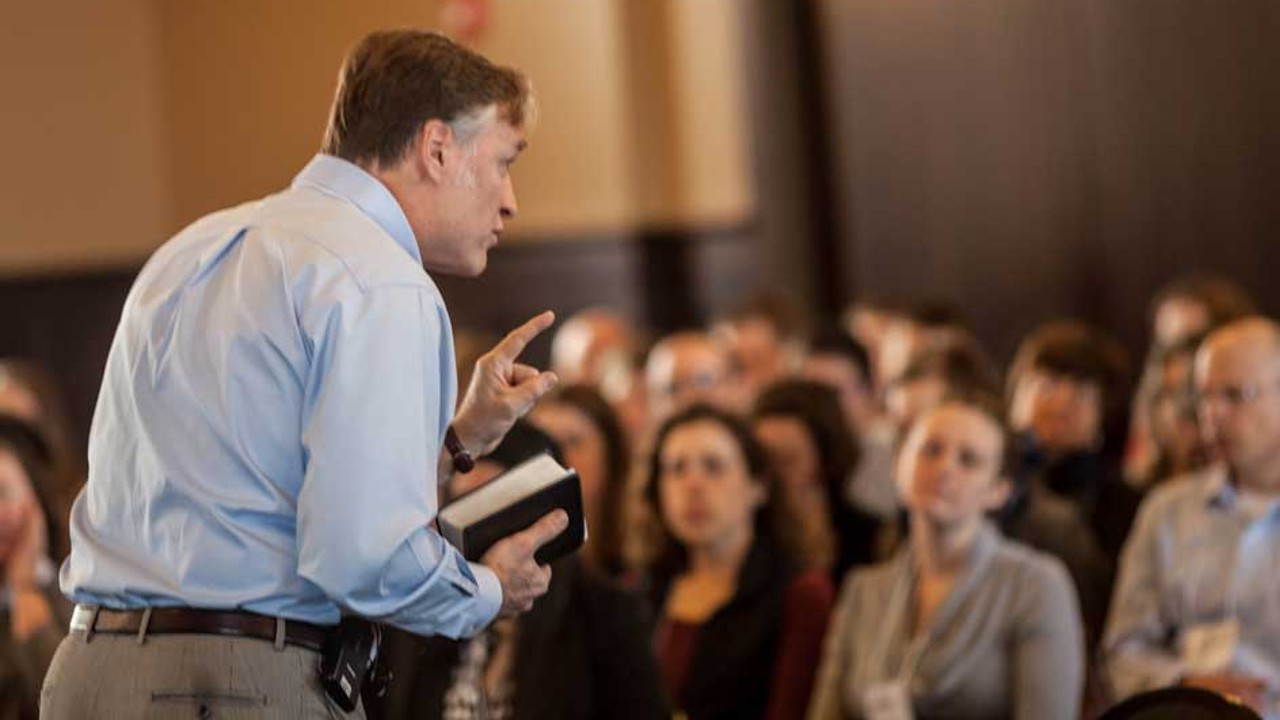In an environment where everyone thinks the same things, progress cannot be achieved, the blind and the deaf welcome each other. Thinking about different things and discussing ideas paves the way for development. But there are also types and some rules of discussion. Let’s see the most common types of meetings/discussions, which are forums, panels, open sessions, debates, symposiums, and what are their features.
It’s not a fight, but it was nice to argue. You hear the thoughts of the other person that are different from yours, learn the reasons for these thoughts and convey your own thoughts. Often the goal isn’t for someone to win, it’s just to reveal differing opinions on a topic. Discussion types such as forum, panel, open session, debate, symposium are also available. It is done precisely for this reason and it is aimed not only to enlighten the participants, but also to the public.
You may remember the discussion types such as forum, panel, panel discussion, debate, symposium from high school literature class. You may even have attended a debate if you have a competitive nature. It’s good, but when you see all these types of arguments side by side, it can be a little difficult to tell them apart. Bride What is a forum, panel, open session, debate, symposium, what are its features Let’s examine the most frequently asked questions in detail.
Meeting types and features:
Forum
What is a forum?
A forum is a type of discussion where participants of differing opinions hold in front of a diverse audience of audiences. The forum is managed by a chairperson. Discussion topics are often important issues that are closely related to society. The forum, which starts with the chairman’s explanation of the subject, continues with the speeches of the participants and the questions of the listeners.
What does the forum do?
The forum is actually not considered one of the types of collective discussion. Because it is not a type of discussion in which certain ideas are defended by certain people. The purpose of the forum is, by presenting the ideas of many listeners with different views. asking questions to subject experts and revealing different ideas. For this reason, forum participants are made up of experts.
Forum features:
The purpose of the forum, as in many types of discussion, is not to conclude the discussion in question; on the subject discussed, perhaps it has never been mentioned before to reveal thoughts. In the forum, participants and listeners do not treat each other like rival team supporters, courtesy is at the forefront.
The questions asked by the audience to the forum participants are not personal. All focus should be on the forum. Forums are often in a conversational mood. Because the desired idea is not to win, on the contrary, it is to create a discussion environment away from concepts such as winner and loser.
Panel

What is a panel?
You can think of the panel as a forum, the only and most important difference between them is that the audience is in the panel at that moment or moment. No questions are taken after the panel. There will be speakers ranging from 3 to 6 on the panel. Speakers convey their thoughts by speaking for 10-15 minutes under the control of the chairman. After the panel, a short forum can be held and listener questions can be taken.
What does the panel do?
Just like in the forum, the panel does not aim to create a winner or loser in the discussion by reaching a definite conclusion. All speakers attending the panel They are people with different opinions on the subject. Each of the speakers participates in the discussion with their own thoughts, trying to offer both speakers and listeners a perspective that they may not have thought of before.
Panel features:
The most important features of the panel are that the speakers speak in equal time, take turns and they do not deviate from the predetermined subject. It is the task of the panel chair to implement all these. For this reason, if such a panel is to be held, a person who knows the discussion culture and has knowledge about the panel issue should preside over the panel.
Open session

What is open session?
Whichever television channel we open, the panel discussion is one of the most common types of discussion. The open session, with 3 to 5 speakers, can be held in front of an audience or It can be performed in a studio without an audience and broadcast on television or radio. Speakers can take the floor multiple times and discussions can be much more heated.
What does an open session do?
A panel discussion, like any other type of debate, is a type of discussion in which there is no winner in the end. The purpose of the open session, people with different opinions expressing their thoughts on certain issues. Since the topics discussed in the panel sessions can be much broader, the impact on the audience can be very different.
Open session features:
Speakers participating in the open session with different opinions express their thoughts on a predetermined topic. The aim is not to talk about the different aspects of that subject, It is to approach the subject from different angles. Unlike other types of discussion, discussions can be much more heated, but courtesy should always be at the forefront. The chairman of the panel determines the duration and order of the speakers. The President should always be impartial and remember that all participants have equal rights.
Discussion

What is a debate?
Debate is a type of discussion that is often held in order to develop the discussion culture of students at different schools. There is a thesis and an antithesis in debates. and the two groups defend them against each other. Unlike other types of debate, debate has a winner. The group that wins the debate is the group that has defended its opinion in the best way.
What good is the debate?
Unlike other types of discussion, the purpose of the debate is not to enlighten the public. The purpose of the debate, teaching students the culture of discussion and to gain a critical perspective. Even if this is a competition, speakers do not treat each other as supporters of opposing teams. The important thing is to listen to the other side and analyze what they say and reveal their mistakes with your own arguments.
Debate features:
There is a jury in the debates. The jury evaluates the speakers and finally determines a winner. Two groups of 1 to 4 people participate in the debate. Each group has a chairman. The debate begins with the chairpersons introducing the groups and the issues they will advocate. After this introduction, the groups hold a meeting among themselves. According to the result of the meeting, the spokesperson of the group takes the floor and makes his defense.
Symposium

What is the symposium?
The symposium, also known as the information feast, is not actually a type of discussion, but because it has a similar structure to discussion types such as panels and forums. can be evaluated in this context. A symposium is a series of talks on a topic, sometimes lasting several days. Most of the time, academic issues are discussed in symposiums.
What does the symposium do?
The main purpose of the symposiums is not to inform the general public, but to educate the experts of that subject. to keep up to date with new developments and talking about different opinions. The audience of the symposiums is mostly composed of participants who will speak on different days.
Features of the symposium:
The features of the symposium vary according to the event, but of course there are some basic rules. The speeches to be made that day at the symposium are called sessions. The chairperson starts the session by introducing the speakers and the topic. Between 3 and 6 participants can speak in a session. Talk times should not exceed 30 minutes. In symposiums, there is a topic that is discussed from different points rather than a discussion.
One of the most common types of discussion What is a forum, panel, open session, debate, symposium, what are its features We talked about the details you need to know about the subject by answering frequently asked questions. You can share your thoughts on these types of discussion in the comments.
